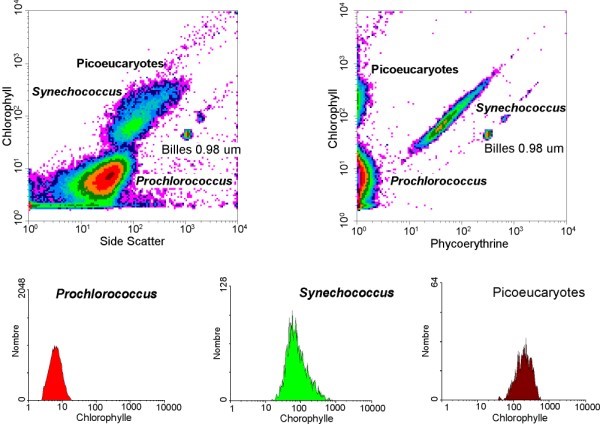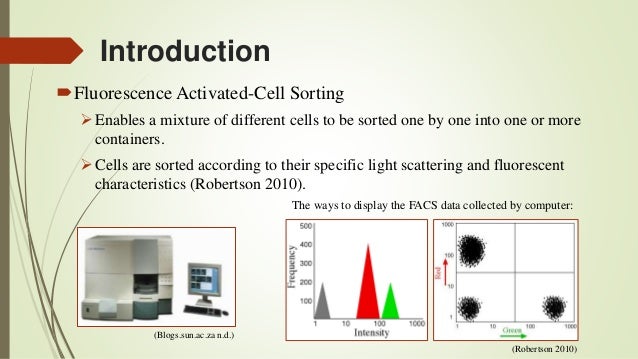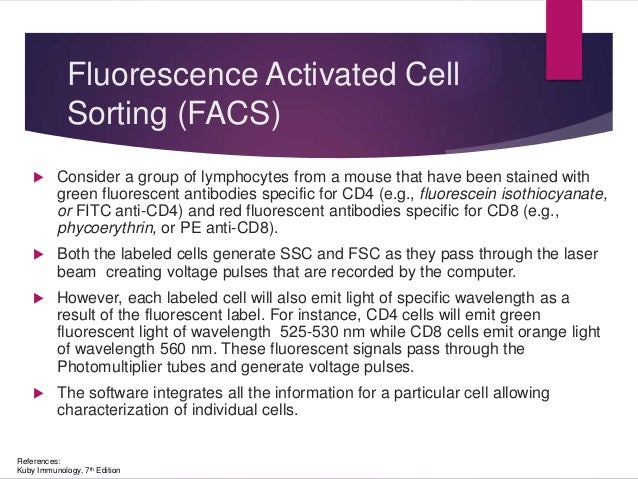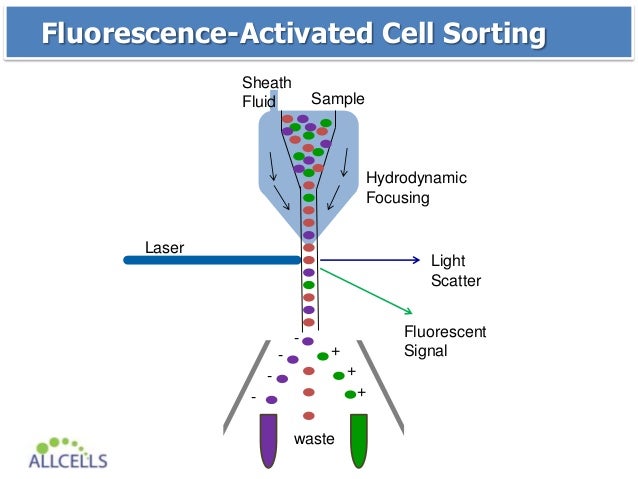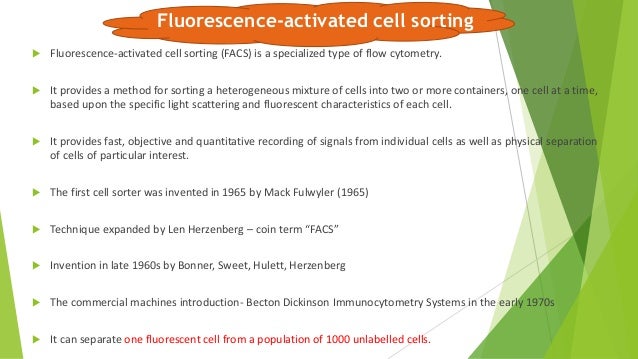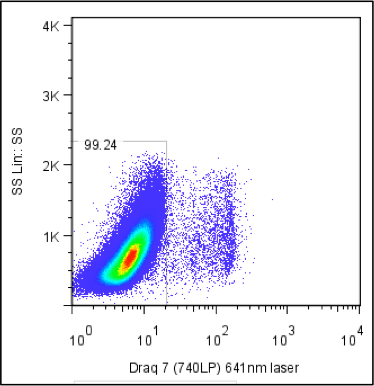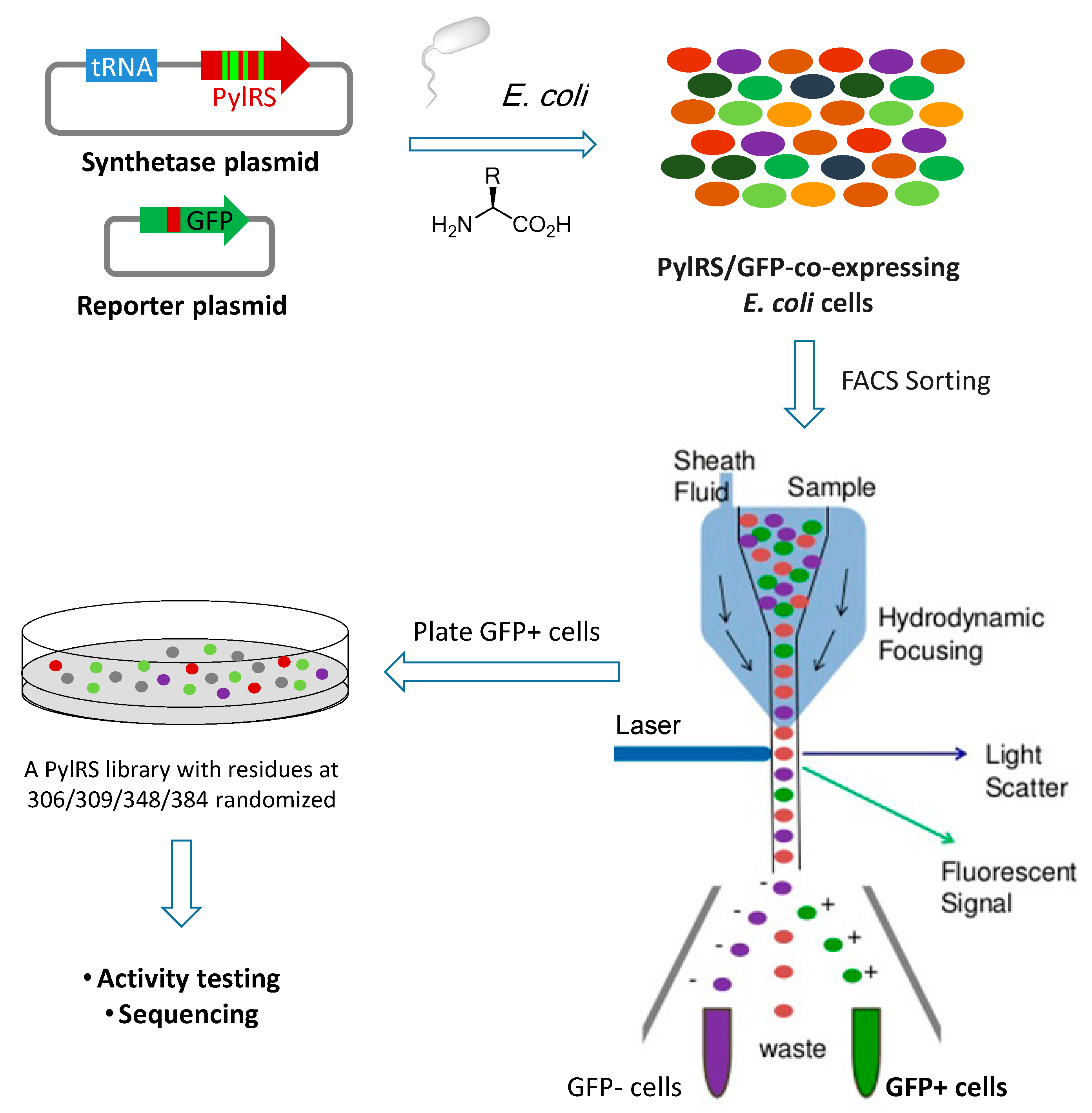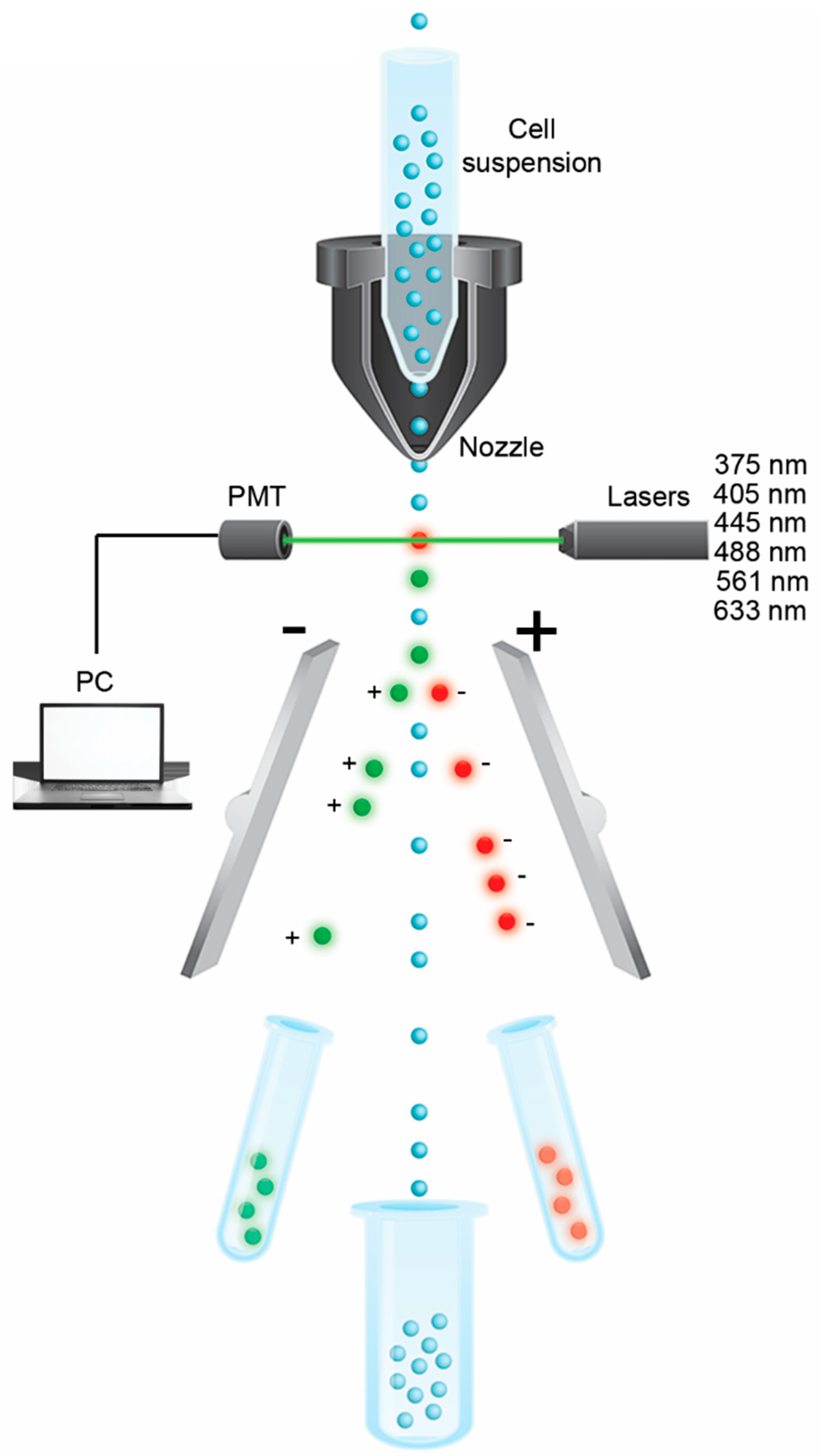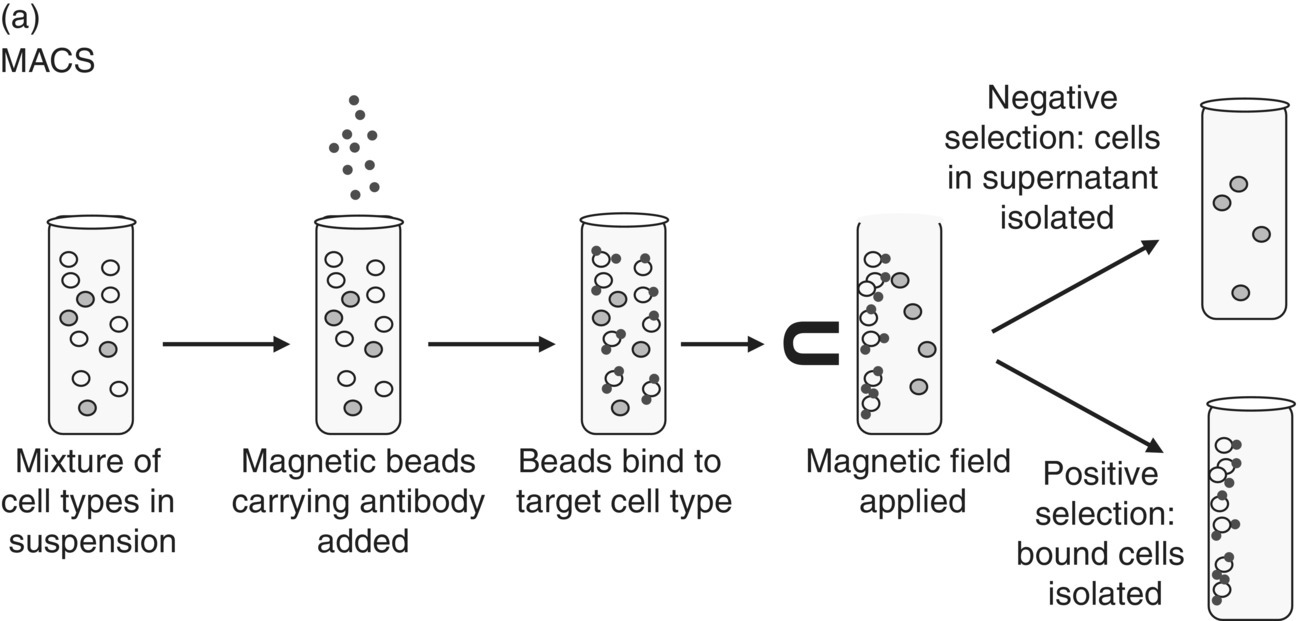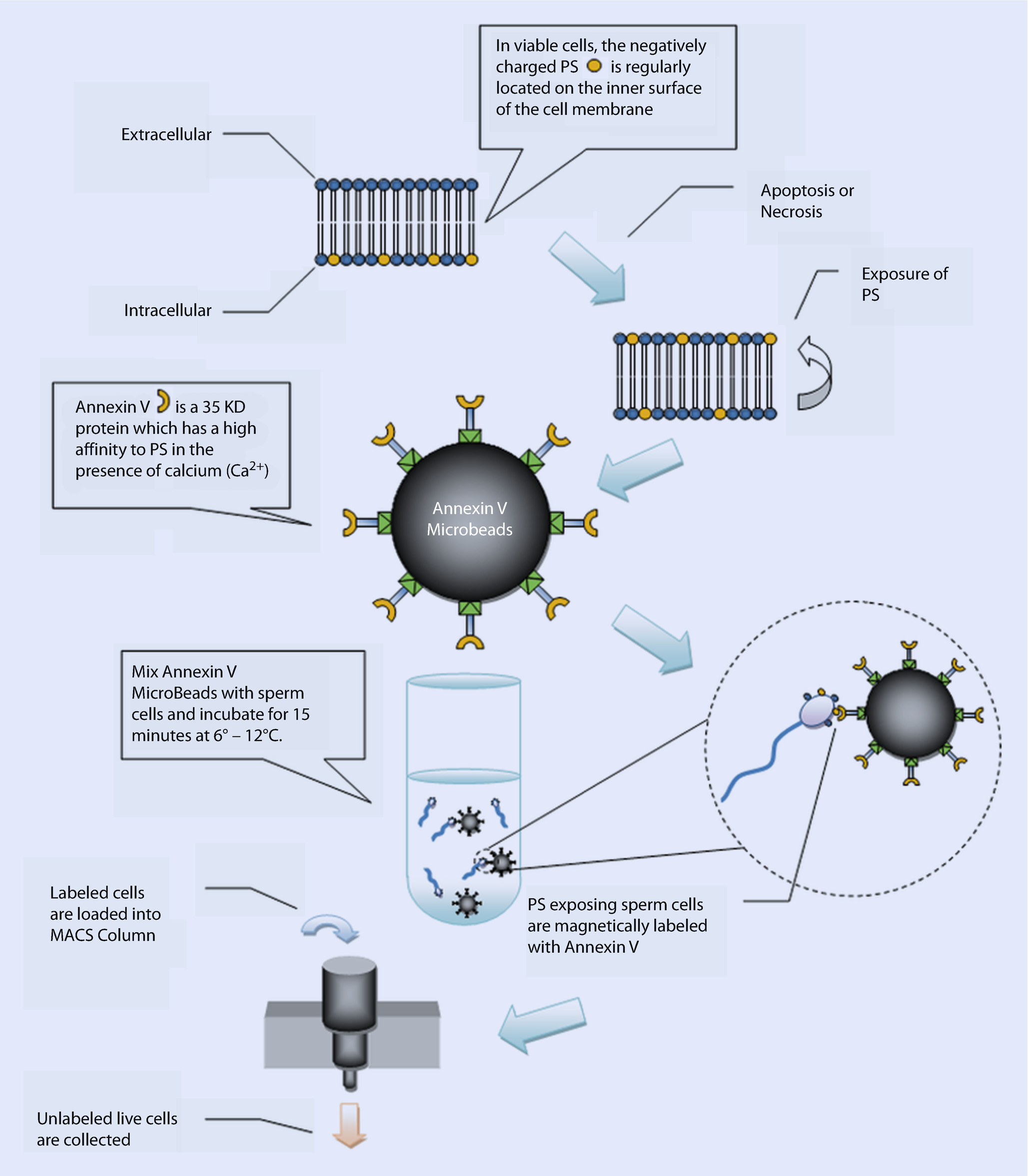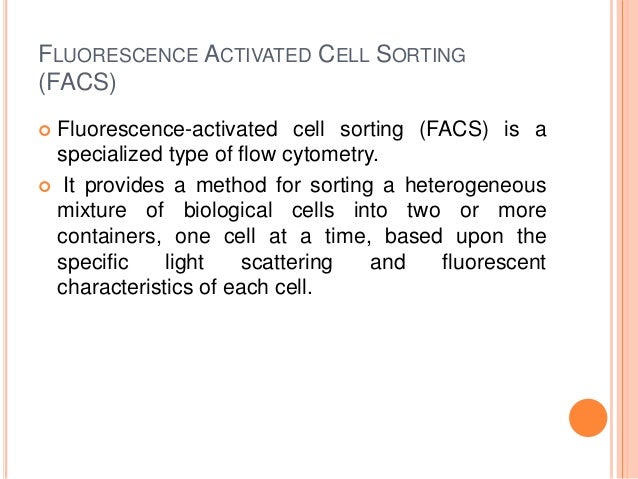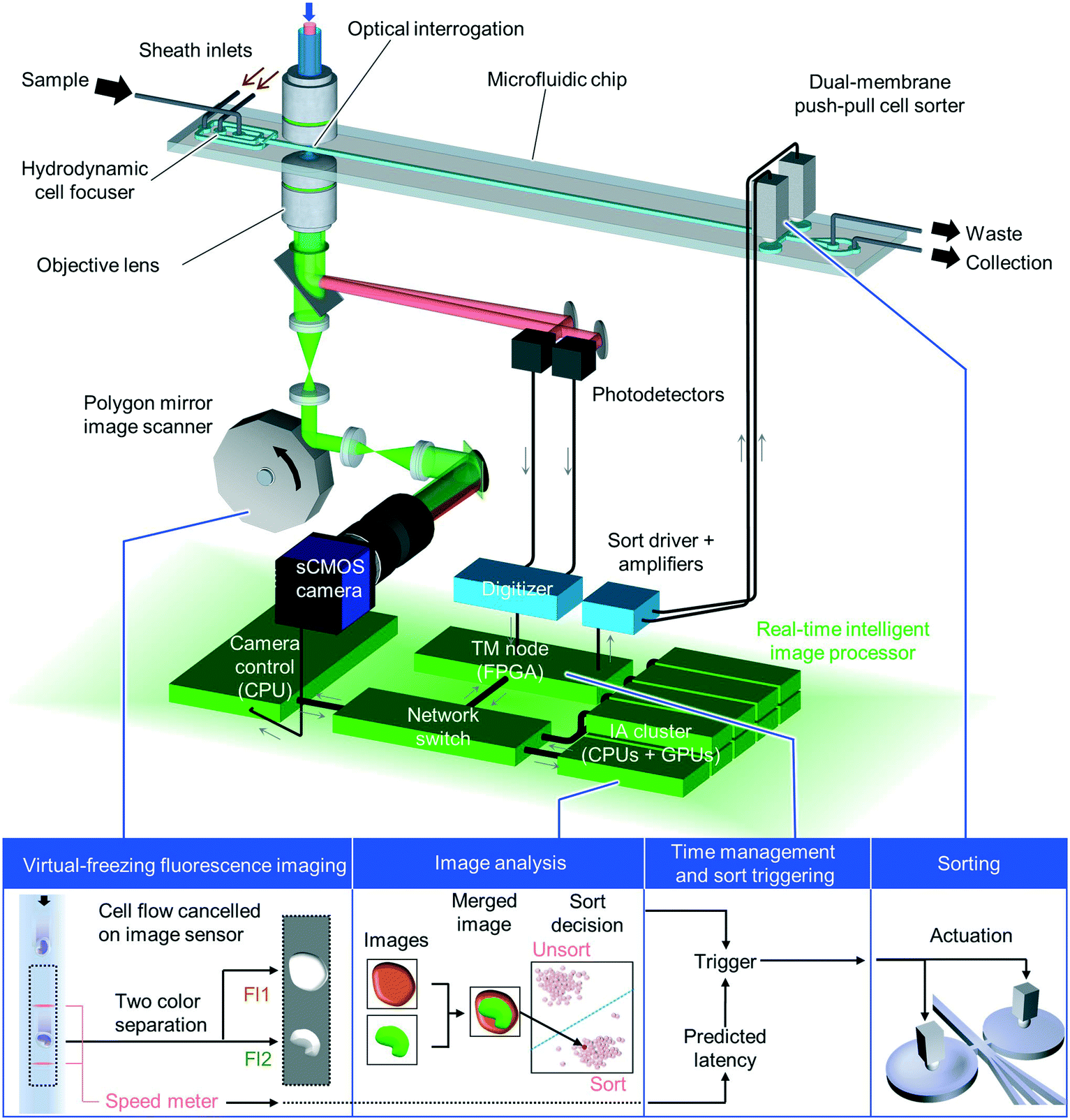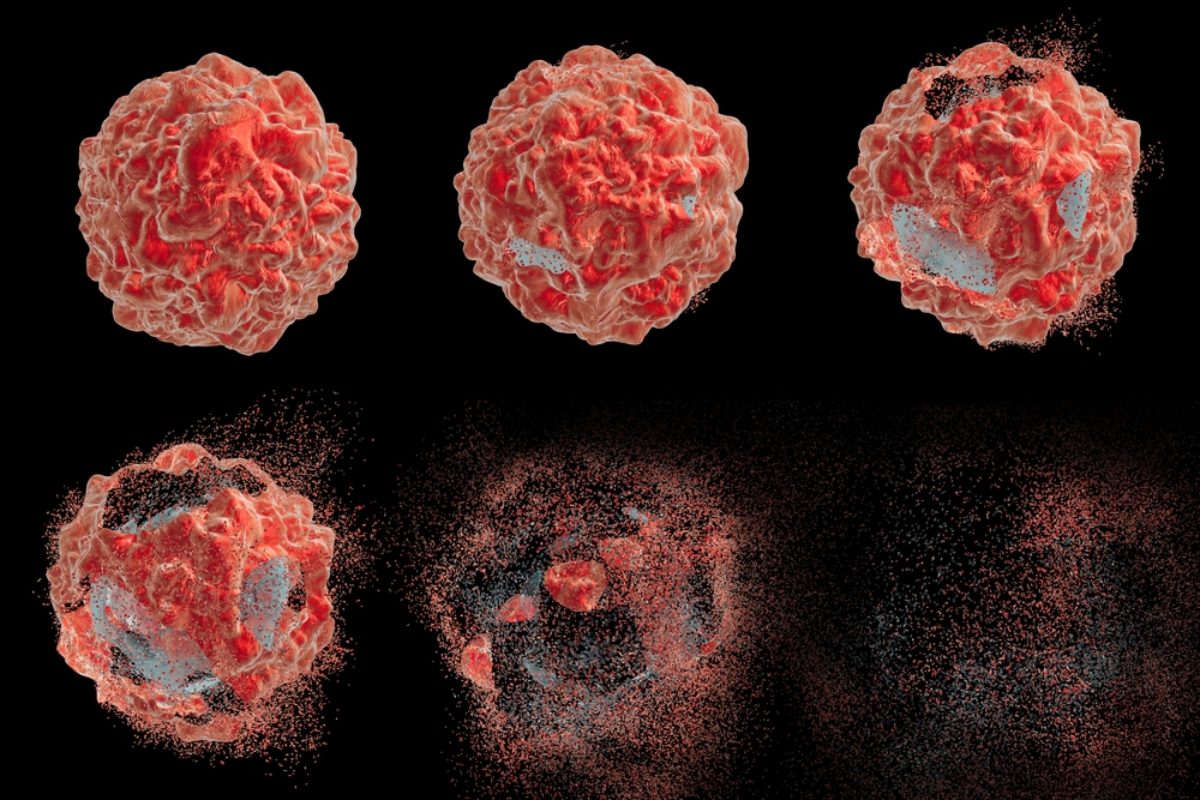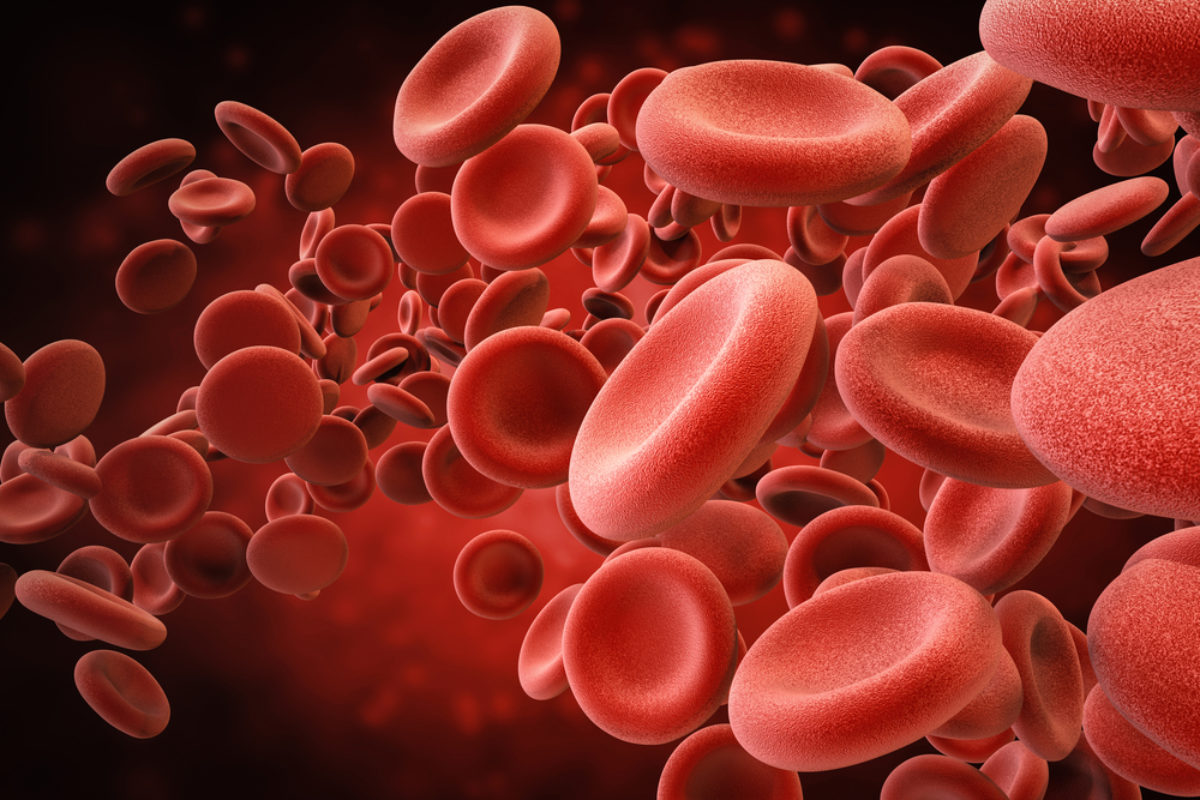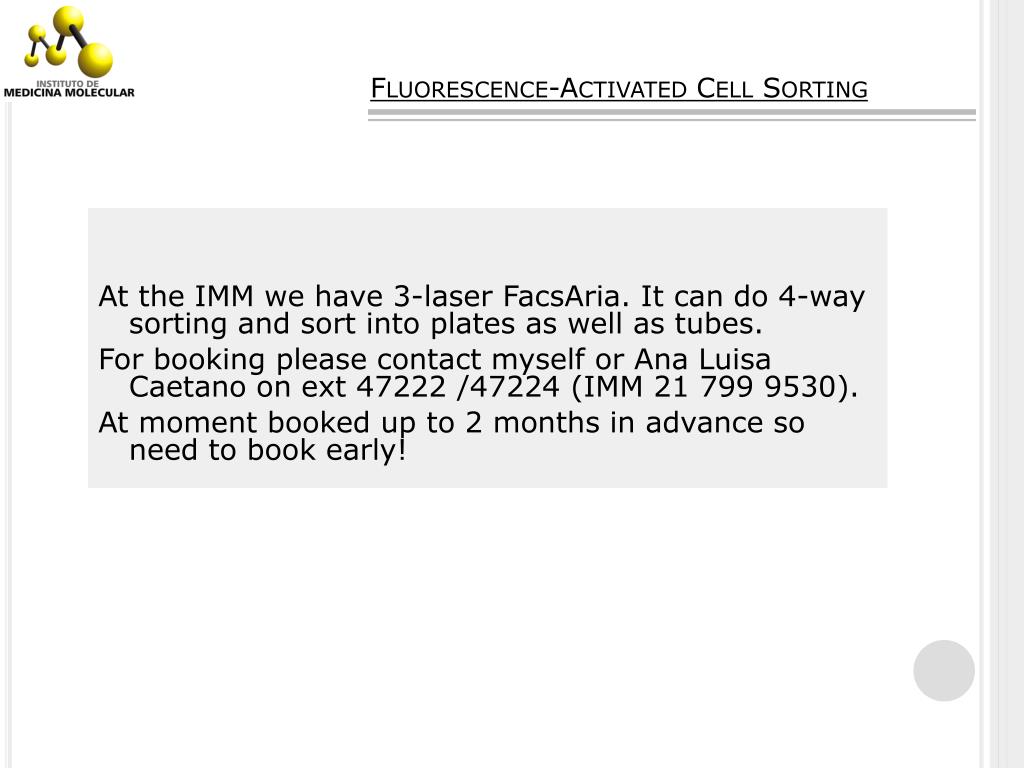Facs fluorescence activated cell sorting differs from conventional flow cytometry in that it allows for the physical separation and subsequent collection of single cells or cell populations.
Principle of fluorescence activated cell sorting technique.
It provides a method for sorting a heterogeneous mixture of biological cells into two or more containers one cell at a time based upon the specific light scattering and fluorescent characteristics of each cell.
Fluorescent activated cell sorting of environmental samples containing microalgae.
Fluorescence activated cell sorting facs is a powerful method to physically select a subset of target cells from a mixed population.
A description of fluorescence activated cell sorting of live cell populations.
Fluorescence activated cell sorting facs of live cells separates a population of cells into sub populations based on fluorescent labeling.
By utilizing highly specific antibodies labeled with fluorescent conjugates facs analysis allows us to simultaneously collect data on and sort a biological sample by a nearly limitless number of different parameters.
This strategy is used when the target cell expresses a specific cell surface molecule.
The molecules can be receptors or protein glycoprotein or lipid surface antigens.
Fluorescence activated cell sorting of live cells.
Fluorescence activated cell sorting facs is a specialized type of flow cytometry.
The charge is specific to the wavelength of the fluorescent light which allows for differential sorting by those different charges.
Cells are restricted to a narrow band by a liquid stream sheath liquid in the flow cell.
It provides a method for sorting a heterogeneous mixture of biological cells into two or more containers one cell at a time based upon the specific light scattering and fluorescent characteristics of each cell.
Facs is an abbreviation for fluorescence activated cell sorting which is a flow cytometry technique that further adds a degree of functionality.
Facs is useful for applications such as establishing cell lines carrying a transgene enriching for cells in a specific cell cycle phase or studying the transcriptome or genome or proteome of a whole population on a single cell level.








